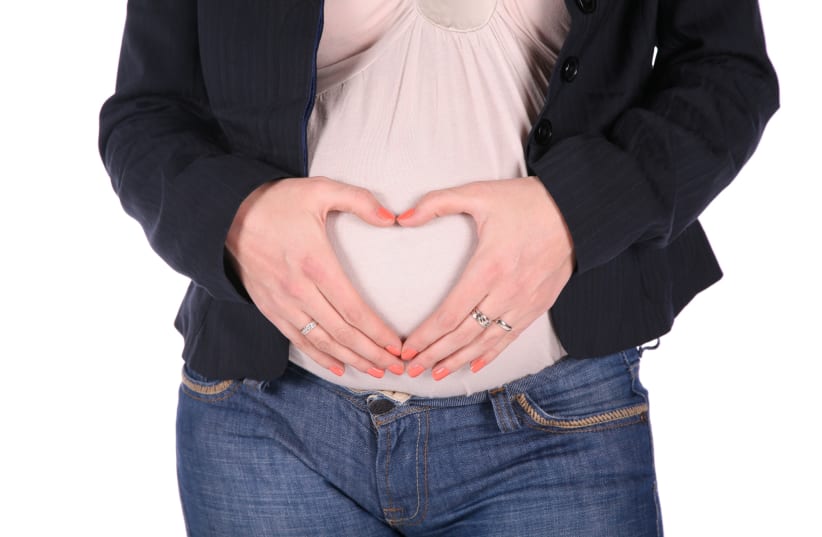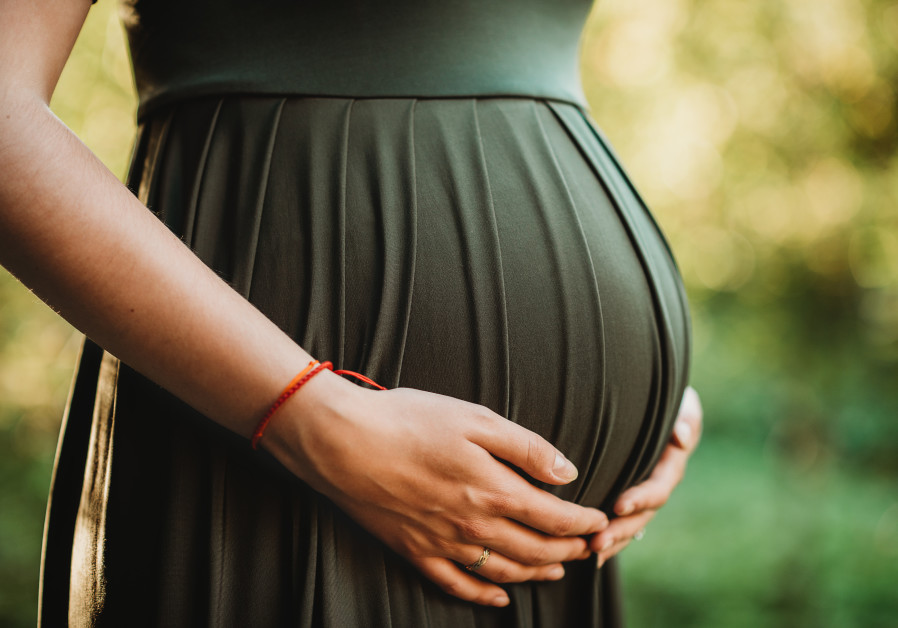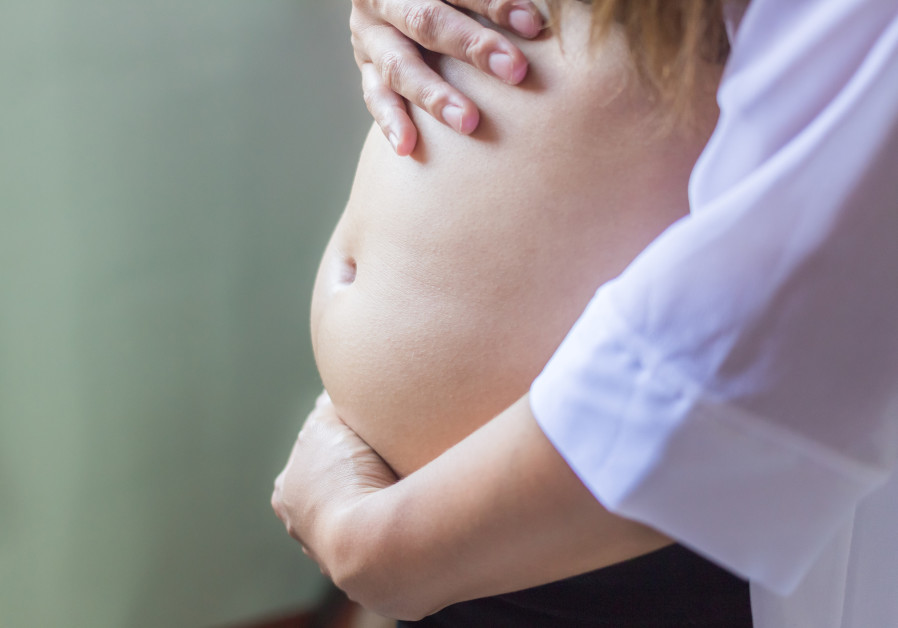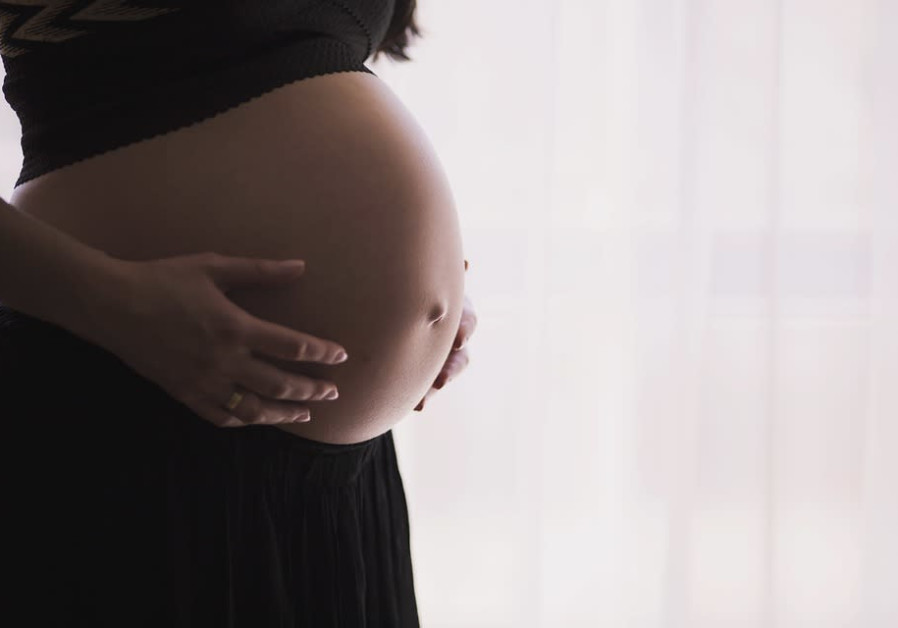Everyone knows that good nutrition during pregnancy is crucial for a baby's development, but fewer people understand that you must start healthy eating habits even before pregnancy.
More and more studies are pointing to the importance of a healthy diet months and even years before pregnancy, in both women and men. Why is good nutrition significant even before pregnancy? Here are seven main reasons:
1 - When you become pregnant, you probably have nutritional deficiencies
Although the supermarkets are full, 90% of the stuff they sell is promotional products, not food, and this leads to nutritional deficiencies. A national health and nutrition survey conducted in Israel between 2014-2016 found that most women aged 18 to 44 don’t eat the foods that will give them enough amounts of vitamins A, D, E, C and folic acid, the latter which is a crucial element in preventing spina bifida. It also found that they don’t consume enough calcium. In addition, about half of women don’t get enough iron, vitamin B12 and vitamin B1.
Nutritional deficiencies can impair fertility and interfere with the fertilization or implantation of the fetus, or impair the development of pregnancy, so it’s important to correct them before pregnancy. To do this, request comprehensive blood tests and consult a dietitian to improve your diet and, if necessary, take supplements as well.
2 - Nutrition affects the egg and sperm
During its maturation - the process of ripening and getting ready before ovulation - the egg undergoes genetic changes and is vulnerable to environmental influences. If a woman is eating nutritious food and doesn’t smoke, take drugs or drink alcohol, the egg will be ready and in optimal condition for fertilization. Also, sperm cells are formed three months before they’re ready for fertilization and during this period they also undergo genetic changes and are vulnerable to environmental influences.
3 - A woman’s diet before pregnancy provides nutrition for the fetus as it starts developing
In the first days after fertilization, until the fetus takes root in the uterus and begins absorbing food from its mother, the only sources of energy, vitamins and minerals needed for its growth are what’s in the egg, which is dependent on the food you ate pre-pregnancy.
4 - The first weeks of pregnancy are critical for development but you usually don’t know that you’re pregnant during this time
In the first weeks of pregnancy, all the organs and systems are formed. An entire system is created from one cell. So, if God forbid, there’s a problem in that cell, there will be a problem in all the cells created from it.
For the fetus to develop properly, it needs appropriate levels of various vitamins, such as folic acid, as the fetus' initial nervous system closes between the 21st and 28th day after fertilization, even before the delay in menstruation, and folic acid deficiency at this time increases the chance that the spine will have gaps that can cause severe malformations. Normal levels of various minerals like iodine, which are essential for the proper production of thyroid hormones and for standard brain development, are also crucial.
If you’re eating well before becoming pregnant and are taking folic acid and iodine supplements according to the recommendations of the Health Ministry, then the fetus will have the best chance to start developing correctly. There are some stages that have already ended and a good diet and certain minerals that you start to take after a positive pregnancy test won’t help with fetal development.
Also, if you only stop smoking or consuming alcohol after you know that you’re pregnant, several very significant weeks have already passed for development and the fetus will be exposed to harmful substances, so you must stop smoking and drinking several months before becoming pregnant.
5 - A healthy pre-pregnancy diet can help morning sickness
In early pregnancy there might be changes in your food preferences. You might be reluctant to eat nutritious foods or you may suffer from nausea and vomiting that will disrupt your regular consumption of food during such a sensitive period. However, if you get pregnant after a period when your diet was good, you’ll get through this period with fewer side effects.
6 - Good eating habits before pregnancy can prevent gestational diabetes
In recent years, studies have been conducted on pregnant women with risk factors for gestational diabetes to test whether a change in diet and increased exercise during pregnancy could prevent the onset of gestational diabetes. Despite various health benefits from these changes, they didn’t prevent the onset of gestational diabetes. In contrast, studies have found a link between a change in diet before pregnancy to a lower risk of gestational diabetes, so nutritional preparation for pregnancy can help significantly reduce the risk.
7 - There are situations that take time and it’s best to start now
There are health conditions that take a while to treat. For example, if you have type 1 or type 2 diabetes, it’s important to make sure your sugar levels are as balanced as possible before pregnancy and this takes time. If you have an eating disorder such as bulimia, you need to take care of yourself so that you’re not afraid to gain weight and can safely carry the pregnancy. If you’re overweight, you need to lose weight for your health and the fetus’s health and development; this also takes time-and effort. Early preparation will help you start your pregnancy in an optimal state.
If you know that there is a possibility that you want to get pregnant in the coming year or even earlier, start now to upgrade your diet and good living habits.
If you prepare well in advance for a wedding or vacation, why not prepare for the pregnancy of a child?




